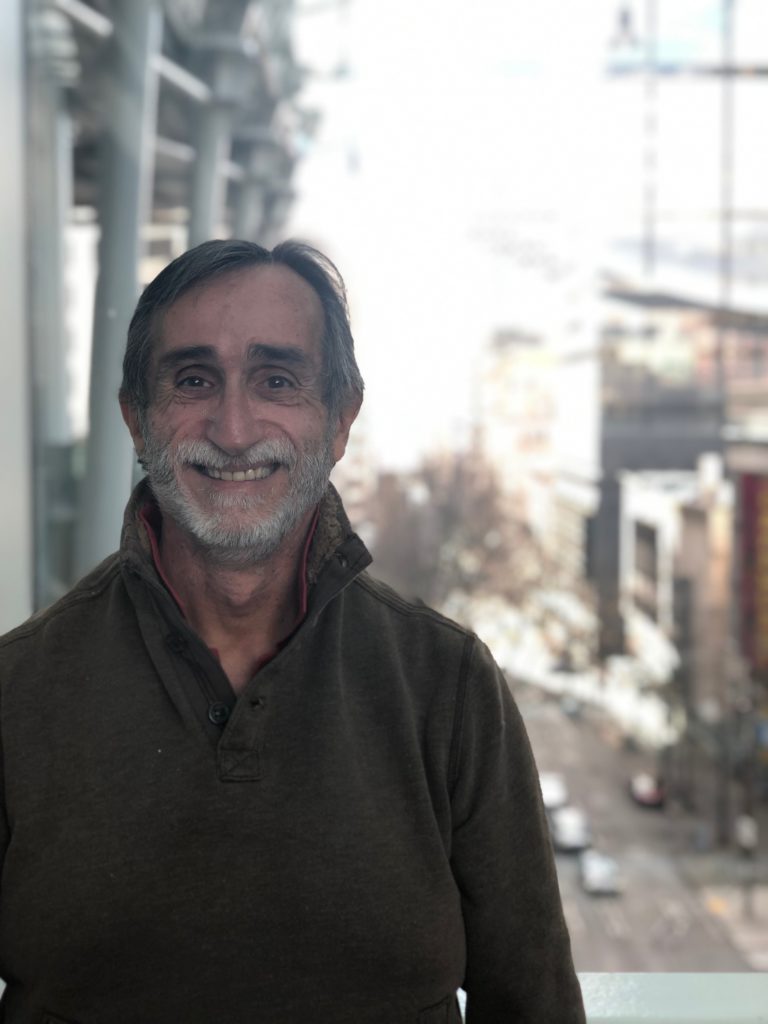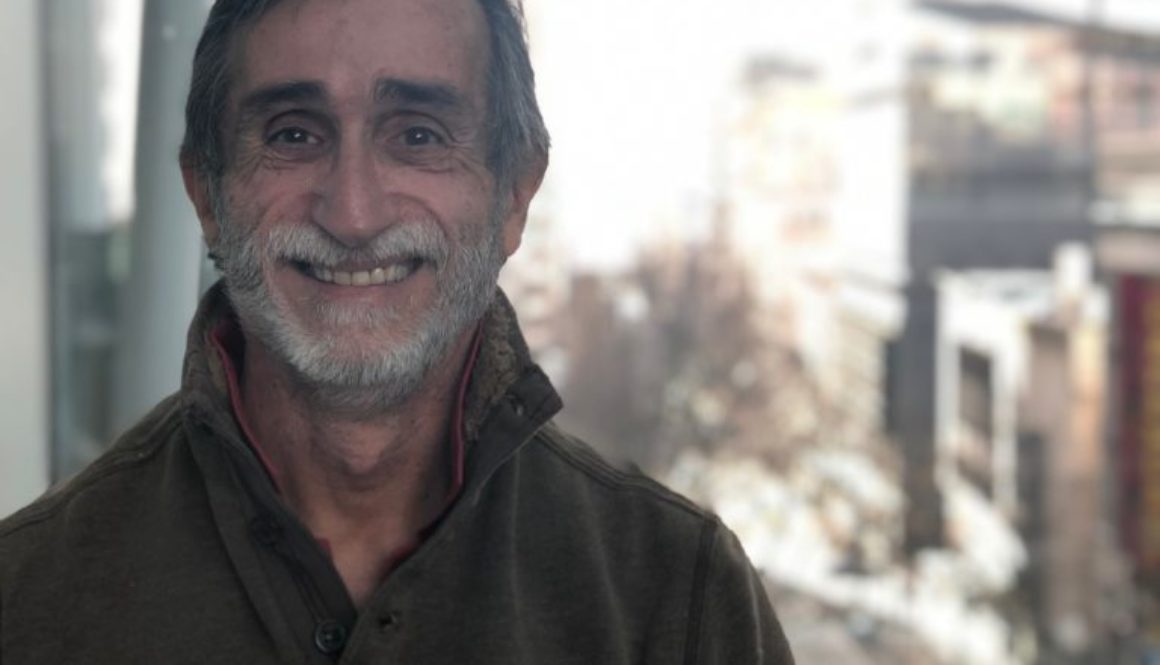Angel Hernandez

What is your name and where are you from?
I am Angel Hernández, from Puerto Rico.
When did you join the ACTG? (If you’re no longer involved, indicate when you stopped involvement)
I joined the ACTG-CSS in 2012.
Why did you get involved with the ACTG, and what are some of the things you’ve done as a member?
I joined the Community Advisory Board (CAB) of The AIDS Clinical Trials Unit at the University of Puerto Rico in 2010. I saw a lack of understanding of clinical research in my community. I strongly believe that research needs to reach out to communities of color and translate the complexities of HIV and AIDS research into lay terms that are culturally appropriate.Since joining the ACTG, I have served on the AEC, SASC, CSC, CSS cochair, ITSG, and the Forum for Collaborative HIV Research. I have also been a member of several protocols development teams. I’m proud that I was a member of the team who developed the Feedback to CAB Protocol Draft Feedback procedure. I also collaborated in polling and compiling the CSS scientific agenda priorities.
Describe your community.
Our community is mostly rural, where we see social, economic, personal, and health struggles of people living with HIV (PLWH). Most PLWH receive adequate HIV health care. Our PWLH community is aging; 72% have 45+ years of age. Beyond the understanding of HIV basics within PLWH, there is still a need for much more of the education about clinical trials. This education needs to be moved beyond the usual stakeholders on HIV.
What are the most important treatment issues to your community?
While we acknowledge the PLWH in our community receive adequate health services, the treatment issues we face are lack of enough clinics with extended service hours; availability of Antiretroviral Therapy (ART) for inpatients at hospitals; availability of integrated primary care; provision of support services; and ageism, stigmas and discrimination.
How do you want your work in the ACTG to be remembered?
I want my work at the ACTG to be remembered as an active advocate who brought the concerns of participants on clinical trials to the table. I understand the complexities of current research and do my best to address potential participants on the benefits of clinical trials participation in lay terms.
What are your future hopes for the ACTG and HIV research?
My hopes for the ACTG and HIV research are to continue studies on new formulations with less toxicities and easier intake methods. A high priority should be the focus on aging issues, and increased efforts to include underrepresented populations in clinical trials. Of upmost importance is to conduct research on the long-term effects of HIV and ART in long-term survivors.
